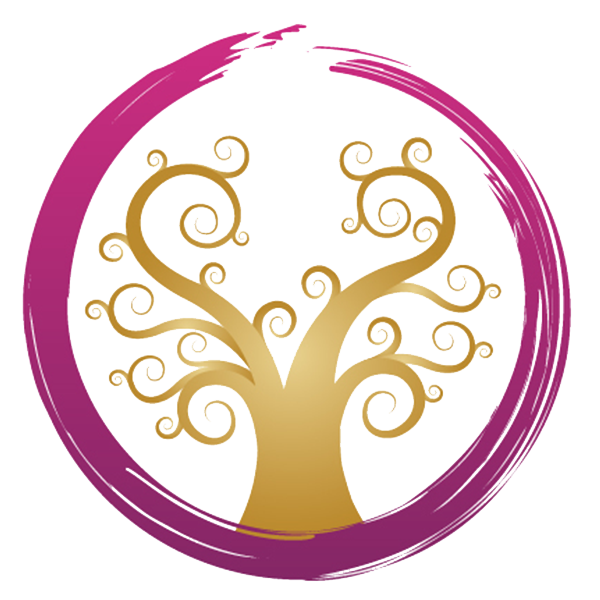
If you are suffering from insomnia or unable to get a good night’s rest, you are not alone. Around 60 million Americans experience insomnia and sleep related problems on a daily basis. Prescription sleeping pills are one of the most highly overused medications and can lead to side effects and addiction. Acupuncture is a centuries-old practice that has been proven to help sleep disorders without the risk of addiction or putting chemicals in the body.
How acupuncture works
Acupuncture works by addressing the root of the problem to return the body back to health. One clinical study found that patients with anxiety had increased sleep time, quality of sleep and felt less stressed with acupuncture treatment. Traditional Chinese Medicine uses the meridian system, the body’s channel in which energy flows through, to stimulate Qi to return the organs to balance. When there is an imbalance in the body, illness such as insomnia arises. Acupuncture uses specific points on the body related to sleep problems to treat underlying issues.
There are many problems that contribute to insomnia such as chronic pain, depression, stress, overworking, eating late at night, alcohol/drug use and last but not least, not allowing your body to wind down in response to when the sun sets. We function most optimally when we are in touch with nature. That is, waking with the sun and winding down with the sunset.
Acupuncture is known to be a great alternative treatment for these related issues. In TCM, insomnia is looked at as a heart and liver imbalance. Acupuncture especially addresses these organs to help calm the nervous system and improve the muscle and nerve channels by increasing blood flow. In my practice I always look at your lifestyle habits because that plays such a huge role in how you feel, sleep and how your digestion works.
10 tips to sleep better
Many of us find it hard to fall asleep at night and stay asleep, as a result we often wake up feeling groggy and not rested. Sometimes improving sleep is as simple as changing your habits during the day. Below are easy ways that can dramatically help you get a good night’s rest!
Cut yourself off in the afternoon. Believe it or not, even having caffeine at 2pm can affect your sleep. Make sure to get that last cup of coffee in beforehand and watch out for certain drinks you may forget have caffeine in them such as soda and many teas.
Try restorative yoga. Practicing deep breathing and stretching before bed can help relax the mind and body. Try spending even just ten minutes stretching and practicing mindfulness.
Limit your screen time. Let’s face it, we are all addicted to our phones and computers. It’s tempting to look at your phone until the moment you fall asleep. Turn off all electronics an hour before bed to help the brain get into sleep mode. The screens on your devices make it hard for the brain to relax.
Acupuncture. If you are finding yourself struggling with inability to get a good night’s rest, or insomnia, you may want to consider acupuncture treatment. Acupuncture is non-invasive and has been proven to reduce stress, help chronic pain and increase quality of sleep.
Aromatherapy. Lavender has been proven to lead to a better, deeper sleep and help those with insomnia fall asleep more easily. Sniff or rub lavender oil on your wrists before bed to feel the effects.
Exercise. Exercising regularly has many health benefits. It can also help you get a better sleep. Even just 20 minutes of some form of exercise a day can make a difference.
Cut down on the alcohol. Although some drink a glass of wine before bed to unwind and fall asleep, you are actually more likely to get a poorer quality of sleep. If you do decide to drink, do so earlier in the night to ensure a deep sleep.
Spend time outside. Spend time outdoors during the daylight hours. Try different outdoor activities. Camping, for example, has been shown to help reset the sleep cycle of insomniacs. Your body will be able to reset itself after a couple of days, allowing your circadian rhythm to get you back into a proper sleeping pattern. This theory goes hand in hand with some of TCM’s primary principles; staying in tune with nature.
Change the lighting. We are all sensitive to light. Before the regular use of artificial lighting, humans spent their evenings in a slow transition to nighttime darkness. In the evening create a darker environment in your home to help your brain ease out of the daytime stimulation and start slowing down. Alternatively, when you wake up in the morning, be sure to open the shades and turn the lights on again to help tell the brain to wake up and get going. Consistency is essential and will help train your brain and balance your circadian rhythm.
Plan for sleep. Setting a bedtime, and sticking with it, can help reset your sleep cycle. Implement a routine and do the same things nightly before going to bed. If you are struggling to fall asleep on time, consider a wind-down routine. Create a routine for yourself that may include a cup of tea, a yoga or tai chi session, reading or writing, experiment with what feels best for your mind and body.
Sources:


